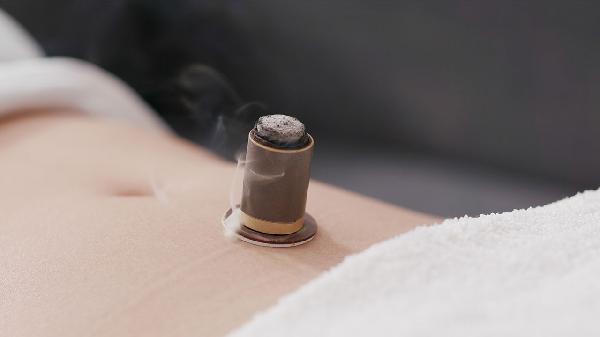Elevated hemoglobin can be improved by adjusting water intake, reducing intake of high iron foods, moderate exercise, treating primary diseases, and regular monitoring. Mainly related to blood concentration, altitude sickness, polycythemia vera, chronic hypoxic diseases, drug factors, etc.

1. Adjust water intake:
Drinking 2000-2500 milliliters of water daily can dilute blood concentration, especially drinking 300 milliliters of warm water on an empty stomach in the morning can effectively reduce blood viscosity. Avoid prolonged dehydration, and promptly replenish electrolyte water in high-temperature environments or after exercise.
2. High iron diet control:
Reduce the intake of high iron foods such as animal liver, red meat, spinach, etc., and do not consume red meat more than 3 times a week. Add citrus fruits to supplement vitamin C and promote iron metabolism, and consume appropriate amounts of plant-based protein such as soy products to replace some animal protein.
3. Aerobic exercise intervention:

Engage in 3-5 low-intensity aerobic exercises such as brisk walking and swimming per week, each lasting 30-45 minutes. People in high-altitude areas should avoid vigorous exercise, while residents in plain areas can improve bone marrow hematopoietic function regulation through jogging.
4. Primary disease treatment:
Chronic obstructive pulmonary disease requires standardized use of bronchodilators, and sleep apnea syndrome should be treated with a ventilator. Polycythemia vera needs to be controlled with drugs such as hydroxyurea, and if necessary, venous bloodletting treatment should be performed.
5. Regular indicator monitoring:
Re check blood routine every 3 months to observe the trend of hemoglobin changes. Smokers need to undergo simultaneous testing of carboxyhemoglobin, high-altitude residents should regularly assess blood oxygen saturation, and women of childbearing age should rule out false elevation caused by insufficient menstrual flow. People with long-term high hemoglobin levels should maintain a low salt and low-fat diet, and consume 50-100 grams of deep-sea fish daily to supplement unsaturated fatty acids. Avoid prolonged sauna or high-temperature work, quit smoking, and reduce exposure to secondhand smoke. People over 50 years old are recommended to undergo annual lung function testing, and those with hypertension should control their blood pressure below 130/80mmHg. Step by step altitude adaptation training should be conducted before mountain climbing or plateau travel, and portable oximeters should be carried for real-time monitoring if necessary.










Comments (0)
Leave a Comment
No comments yet
Be the first to share your thoughts!